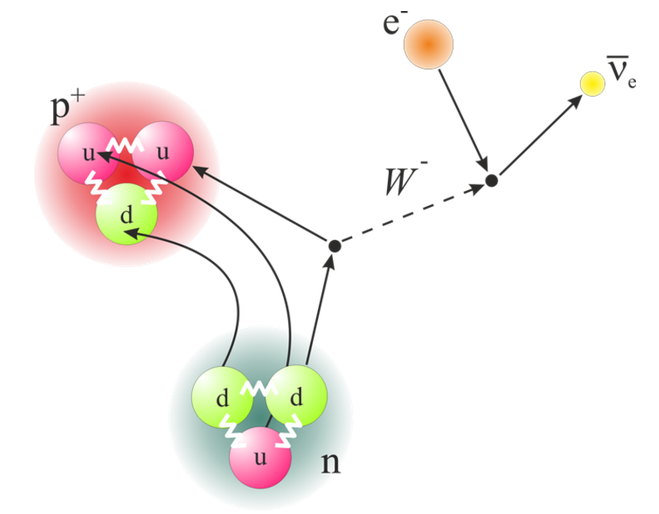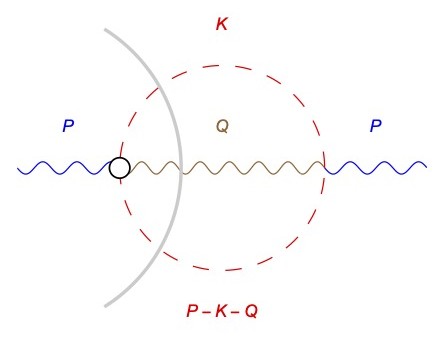ENP, which stands for Exploring New Physics, is a specific initiative within the theoretical physics field of the National Institute for Nuclear Physics (INFN). Its main objective is to analyze the phenomenology of elementary particles to identify possible signals indicating the need to extend the Standard Model.
ENP’s research activities encompass a range of different physics scenarios. It investigates the direct production of new particles at current and future colliders, such as the Large Hadron Collider (LHC) at CERN. The goal is to explore higher energies to discover phenomena that go beyond the predictions of the Standard Model.
ENP also studies new physics in low-energy processes, looking for deviations from the Standard Model’s expectations, in particular the weak processes that violate the flavor of quarks and leptons and within the electroweak sector responsible for symmetry breaking.

Furthermore, models that explain the observed phenomenon of neutrino oscillations which is absent in the Standard Model are also studied.
In this context, decays and interactions where the flavor of quarks or leptons changes are studied, offering clues about possible new interactions.
To accurately compare theoretical results with experimental observations, calculating radiative corrections plays a fundamental role. ENP dedicates significant resources to this aspect, applying it to various physical processes.

Another crucial research area for ENP is cosmology, particularly the study of dark matter and dark energy composition, its possible interactions with ordinary matter, the possible origin of matter/antimatter asymmetry as well as study on the cosmic inflation.
Useful links:
Publications













































































































